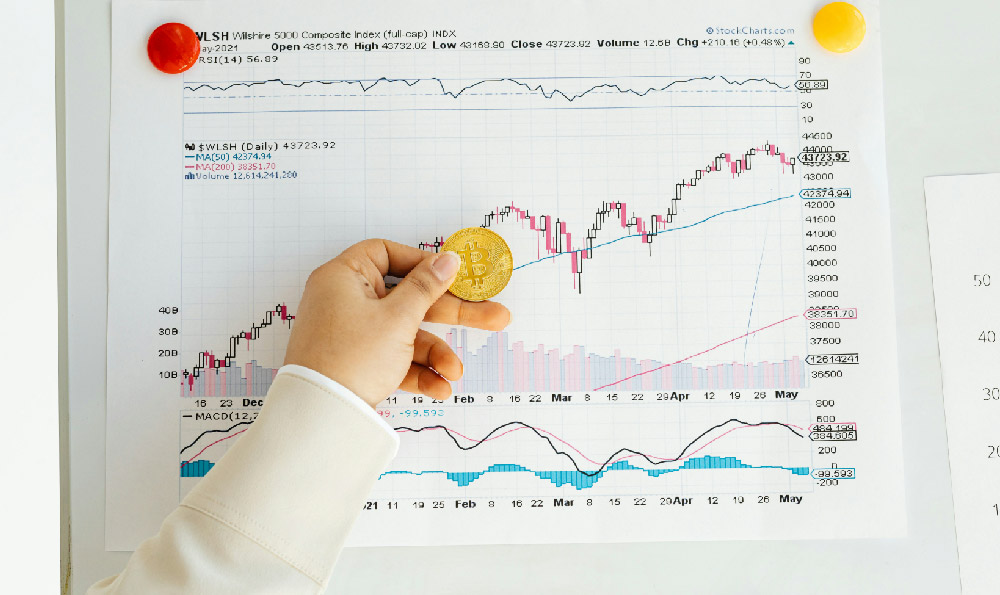Does money buy happiness? Or does happiness come from within?
The age-old question of whether money buys happiness continues to fuel debate and introspection. While a simplistic "yes" or "no" answer is impossible, a nuanced exploration reveals a complex interplay between financial well-being and overall life satisfaction. From a financial perspective, which I can offer, the key is to understand money's role as a tool, rather than an end in itself.
It's undeniable that a certain level of financial security is essential for basic happiness. Poverty, characterized by inadequate food, housing, healthcare, and safety, creates significant stress and suffering. Financial stability allows individuals to meet their fundamental needs, freeing them from the constant worry about survival. This reduction in stress can undoubtedly improve one's quality of life and contribute to a sense of well-being. Money, in this context, buys the absence of unhappiness associated with deprivation. It provides a foundation upon which happiness can be built, not the happiness itself.
Furthermore, money provides opportunities for experiences. Travel, education, pursuing hobbies, and engaging in activities that bring joy are often facilitated by financial resources. These experiences can lead to personal growth, enhanced relationships, and a broader understanding of the world, all of which contribute to happiness. The ability to create memories and share them with loved ones can be invaluable, and money can be a catalyst for these enriching experiences. However, it's crucial to distinguish between genuine experiences and superficial indulgences. Buying the latest gadget or a designer handbag might provide a fleeting moment of excitement, but its impact on long-term happiness is often limited. The true value lies in experiences that foster connection, learning, and personal fulfillment.

Conversely, the pursuit of wealth as the sole source of happiness is often a recipe for disappointment. Studies have shown that beyond a certain income level, the correlation between money and happiness diminishes significantly. This is because our needs are met, and further gains provide less marginal utility. People adapt to their financial circumstances, and what once seemed like a luxury quickly becomes the new normal. This phenomenon, known as hedonic adaptation, highlights the importance of shifting our focus from material possessions to intrinsic values.
The pursuit of excessive wealth can also come at a cost. Long working hours, high stress levels, and strained relationships are common side effects of chasing the next financial milestone. The relentless pursuit of external validation through material possessions can lead to a sense of emptiness and dissatisfaction, even amidst affluence. In such cases, money becomes a source of unhappiness rather than a path to it.
Moreover, happiness is often rooted in internal factors that are independent of financial status. Gratitude, strong relationships, a sense of purpose, and the ability to cope with adversity are crucial ingredients for a fulfilling life. These qualities cannot be bought or manufactured with money. They require cultivating positive habits, nurturing connections with others, and finding meaning in one's work and activities.
Happiness, arguably, stems from a sense of autonomy and control over one's life. Money can provide a degree of autonomy, allowing individuals to make choices that align with their values and preferences. However, true autonomy comes from within, from a clear understanding of one's own needs and desires, and the courage to pursue them regardless of external pressures.
Consider the concept of financial independence. Achieving financial independence, meaning having enough assets to cover one's expenses without needing to work, can bring a sense of freedom and security. This freedom can allow individuals to pursue their passions, spend more time with loved ones, and contribute to causes they care about. Financial independence, in this sense, is not about accumulating vast wealth, but about creating a life that aligns with one's values and brings joy.
In the realm of virtual currencies and investments, the same principles apply. While potential financial gains can be enticing, it's crucial to approach these markets with a balanced perspective. Focusing solely on profits can lead to impulsive decisions, excessive risk-taking, and ultimately, disappointment. A more prudent approach involves aligning investment strategies with one's long-term goals and values.
Instead of chasing quick riches, focus on building a diversified portfolio that aligns with your risk tolerance and investment horizon. Understand the underlying technology and market dynamics of the assets you are investing in. Manage your expectations and be prepared for market fluctuations. Remember that true wealth is not just about the numbers in your bank account, but about the freedom and security that financial stability provides.
Therefore, to circle back to the original question, money itself doesn't buy happiness, but it can buy the absence of many things that make people unhappy. A happy life is largely built on a foundation of internal happiness: strong social connections, healthy relationships, personal passions, and a sense of purpose. Money can be a tool to enhance these things, to remove obstacles to them, and to allow you to pursue them more fully, but it cannot substitute for them. Happiness is a multifaceted concept, and while financial security plays a role, it is ultimately the inner life, the relationships we cultivate, and the meaning we find in our experiences that truly determine our level of well-being. A focus on internal happiness, combined with a sound financial strategy, is the surest route to long-term fulfillment.














